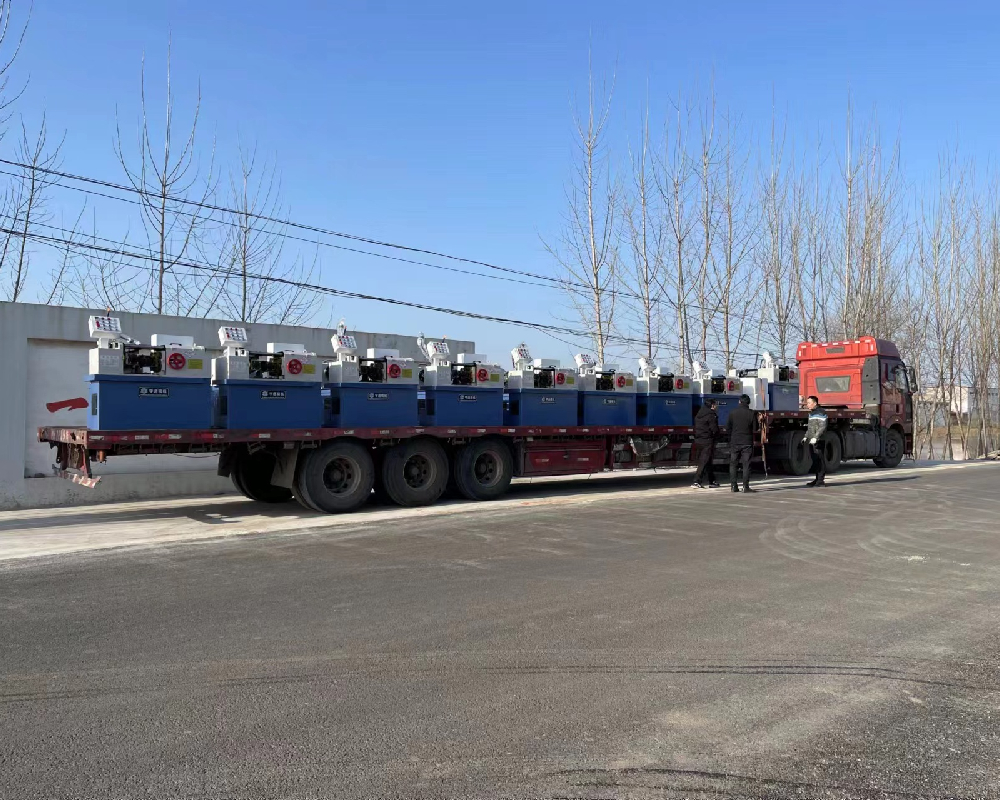
-
 Afrikaans
Afrikaans -
 Albanian
Albanian -
 Amharic
Amharic -
 Arabic
Arabic -
 Armenian
Armenian -
 Azerbaijani
Azerbaijani -
 Basque
Basque -
 Belarusian
Belarusian -
 Bengali
Bengali -
 Bosnian
Bosnian -
 Bulgarian
Bulgarian -
 Catalan
Catalan -
 Cebuano
Cebuano -
 Corsican
Corsican -
 Croatian
Croatian -
 Czech
Czech -
 Danish
Danish -
 Dutch
Dutch -
 English
English -
 Esperanto
Esperanto -
 Estonian
Estonian -
 Finnish
Finnish -
 French
French -
 Frisian
Frisian -
 Galician
Galician -
 Georgian
Georgian -
 German
German -
 Greek
Greek -
 Gujarati
Gujarati -
 Haitian Creole
Haitian Creole -
 hausa
hausa -
 hawaiian
hawaiian -
 Hebrew
Hebrew -
 Hindi
Hindi -
 Miao
Miao -
 Hungarian
Hungarian -
 Icelandic
Icelandic -
 igbo
igbo -
 Indonesian
Indonesian -
 irish
irish -
 Italian
Italian -
 Japanese
Japanese -
 Javanese
Javanese -
 Kannada
Kannada -
 kazakh
kazakh -
 Khmer
Khmer -
 Rwandese
Rwandese -
 Korean
Korean -
 Kurdish
Kurdish -
 Kyrgyz
Kyrgyz -
 Lao
Lao -
 Latin
Latin -
 Latvian
Latvian -
 Lithuanian
Lithuanian -
 Luxembourgish
Luxembourgish -
 Macedonian
Macedonian -
 Malgashi
Malgashi -
 Malay
Malay -
 Malayalam
Malayalam -
 Maltese
Maltese -
 Maori
Maori -
 Marathi
Marathi -
 Mongolian
Mongolian -
 Myanmar
Myanmar -
 Nepali
Nepali -
 Norwegian
Norwegian -
 Norwegian
Norwegian -
 Occitan
Occitan -
 Pashto
Pashto -
 Persian
Persian -
 Polish
Polish -
 Portuguese
Portuguese -
 Punjabi
Punjabi -
 Romanian
Romanian -
 Russian
Russian -
 Samoan
Samoan -
 Scottish Gaelic
Scottish Gaelic -
 Serbian
Serbian -
 Sesotho
Sesotho -
 Shona
Shona -
 Sindhi
Sindhi -
 Sinhala
Sinhala -
 Slovak
Slovak -
 Slovenian
Slovenian -
 Somali
Somali -
 Spanish
Spanish -
 Sundanese
Sundanese -
 Swahili
Swahili -
 Swedish
Swedish -
 Tagalog
Tagalog -
 Tajik
Tajik -
 Tamil
Tamil -
 Tatar
Tatar -
 Telugu
Telugu -
 Thai
Thai -
 Turkish
Turkish -
 Turkmen
Turkmen -
 Ukrainian
Ukrainian -
 Urdu
Urdu -
 Uighur
Uighur -
 Uzbek
Uzbek -
 Vietnamese
Vietnamese -
 Welsh
Welsh -
 Bantu
Bantu -
 Yiddish
Yiddish -
 Yoruba
Yoruba -
 Zulu
Zulu
Pricing Information for Hydraulic Thread Rolling Machines and Similar Products
Understanding the Price Factors of Hydraulic Thread Rolling Machines
Hydraulic thread rolling machines are essential tools in the manufacturing industry, particularly for producing threaded components with precise specifications. These machines utilize high pressure to create threads by deforming the material, ensuring a strong and reliable finish. As industries increasingly demand high-quality threaded products, understanding the price factors of these machines becomes crucial for manufacturers and investors alike.
Basic Functionality and Importance
Hydraulic thread rolling machines work by using hydraulic pressure to roll the metal into the desired thread shape without cutting or removing material. This method not only enhances the strength of the threads due to the work-hardening effect but also improves efficiency and reduces waste. Given the widespread applications in automotive, aerospace, and other sectors, these machines are a significant investment for manufacturers.
Factors Influencing Price
1. Machine Specifications The price of a hydraulic thread rolling machine can vary significantly based on its specifications, including the size, capacity, and pressure rating. Machines designed to handle larger and more complex tasks typically cost more due to the advanced technology and materials involved in their construction.
2. Automation and Technology The level of automation integrated into the machine can significantly affect the price. Fully automated machines with advanced software capabilities allow for greater precision and ease of operation, leading to higher costs. In contrast, manual or semi-automatic machines are generally more affordable but may compromise on efficiency and precision.
hydraulic thread rolling machine price product

3. Brand and Manufacturer Reputation Established brands often command higher prices due to a reputation for reliability, quality, and customer support. Purchasing from a well-known manufacturer may ensure better service and access to replacement parts, which can be critical for maintaining production schedules.
4. Material and Build Quality The quality of materials used in the construction of hydraulic thread rolling machines also plays a crucial role in the pricing. Machines made from high-strength steel and featuring high-quality hydraulic components may come with a higher price tag due to their durability and ability to withstand heavy-duty use.
5. Market Demand and Economic Conditions The overall economic environment and market demand for manufactured goods can influence machine prices. In periods of high demand for threaded components, manufacturers may see an increase in machine prices. Conversely, during economic downturns, prices may stabilize or even decrease as competition among suppliers increases.
6. Customization Requirements Custom modifications to meet specific production needs can also drive up the cost of hydraulic thread rolling machines. Factors like specialized tooling or unique operational features can contribute to a significant price increase.
7. After-Sales Support and Warranty The availability of comprehensive after-sales support and warranty services can impact pricing. Machines that come with robust customer service packages may be priced higher but offer peace of mind for operators who prioritize reliability.
Conclusion
When considering the price of hydraulic thread rolling machines, it is essential to evaluate a combination of factors that contribute to overall cost. While the initial investment may be substantial, the long-term benefits in efficiency, quality, and reliability often justify the expense. Companies must analyze their production needs, budget, and the potential return on investment before making a purchase. By understanding the intricacies behind pricing, manufacturers can make informed decisions that drive productivity and profitability in a competitive landscape.
